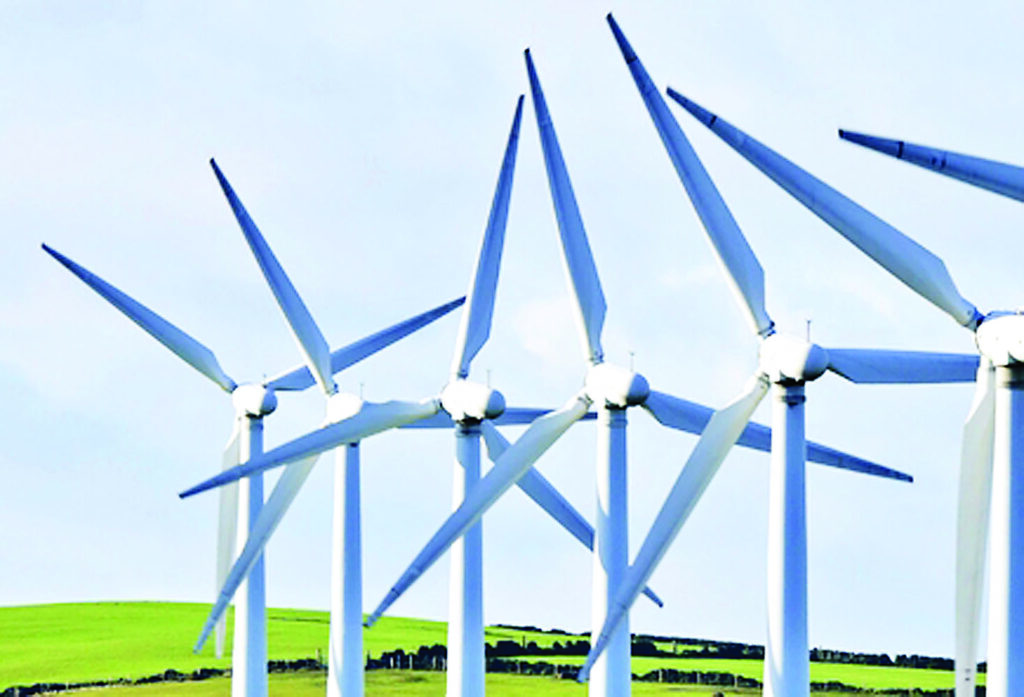
Author’s Note
The author is a ‘greenie’, having spent an estimated fifteen thousand voluntary hours with Landcare, doing everything from planting trees to district-wide strategy to state-wide policy development over a fifteen-year period. The author also believes we must find alternatives to burning fossil fuels. But – and it is an important but – are we going about it the wrong way and destroying industries and communities in the process? Is Australia trying to punch above its weight in this area? This article is designed to throw some light on that. If it also starts a discussion, that will be a bonus.
A gigantic new alternate energy system is to be built in New South Wales and we ask; is this a sensible idea?
Loy Yang – occupies fifty-seven square kilometres
and is capable of powering 1.9 million homes with transmission infrastructure already in place and not running to capacity.
NSW Renewable Energy Zone – will occupy twenty-two thousand square kilometres of prime farming land and capable of powering 1.4 million homes when complete. Infrastructure yet to be built at massive economic and social cost.
Read those two paragraphs again and let them sink in?
Electricity prices are rising at double digit percentages and consumers are hurting. Business, which is often left out of the equation, is also really hurting with small businesses facing bills they simply can’t afford.
Energy generation accounts for about one third of Australia’s greenhouse gas emissions and the federal government is committed to reducing that substantially by 2050.
To put that figure into some form of perspective, Australia is responsible for less than 1.5% of total global greenhouse gas emissions.
Australia currently has eighteen fossil fuel power stations and is closing them down.
By comparison, China has one thousand one hundred and forty-two coal fired power stations and is building new ones at the rate of two a week. India has two hundred and eighty-two and is rapidly building more.
If greenhouse gas was a local issue, then what Australia is attempting to do would make a lot of sense. But it isn’t local. Emissions are global.
This is an important issue and worthy of debate. You are invited to have your say. Write to articles@trafnews.com.
